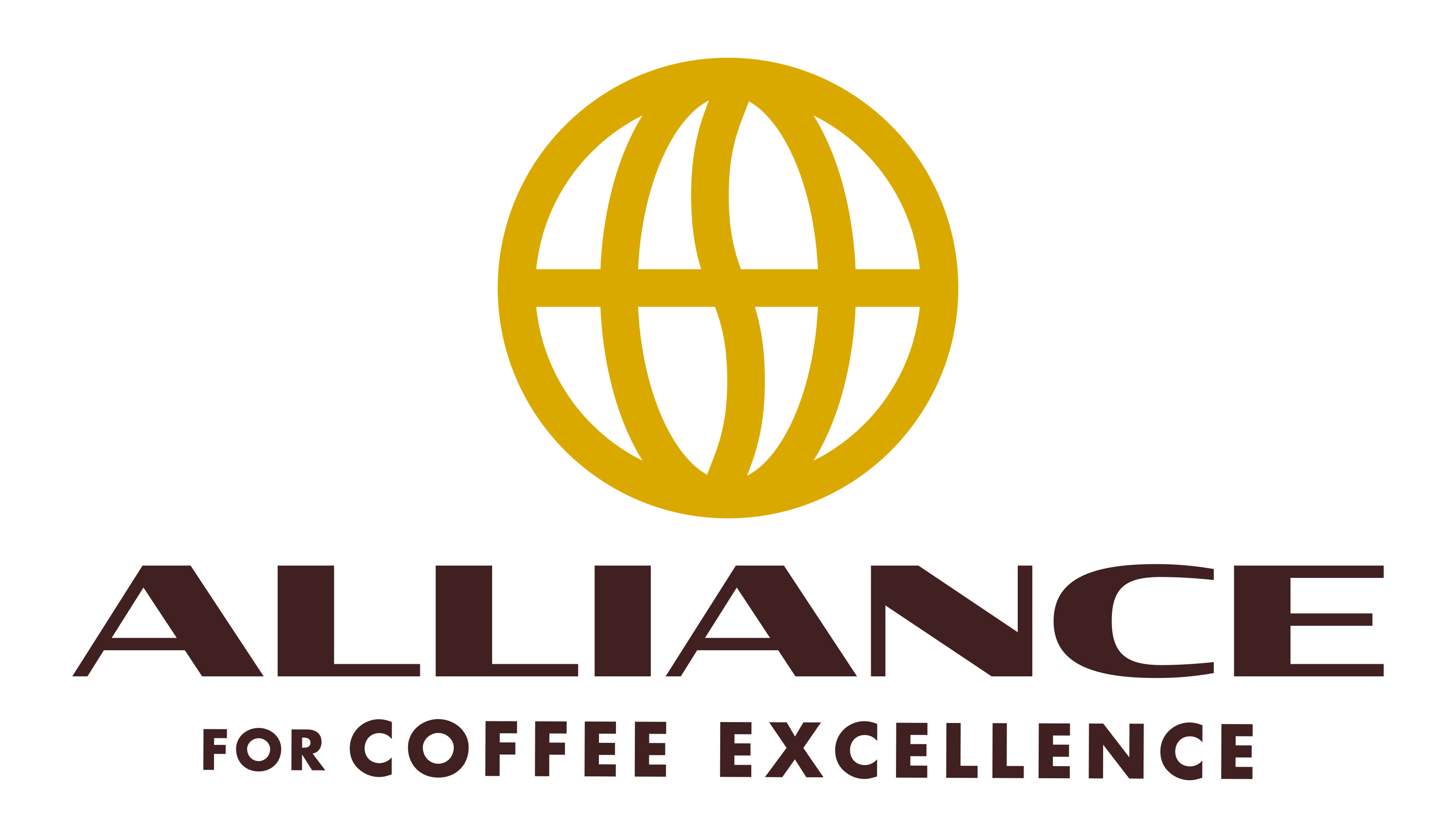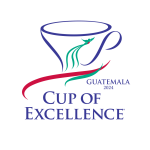90.54
Farm
HistroyLocated in the Municipality of Cristina, State of Minas Gerais, Fazenda Agua Limpa was inherited from Jose Alves Ribeiro's estate. Since 1982 his heir and administrator, Jose Carlos Pereira de Carvalho, who chose the area because of the municipality's altitude and micro-climatic conditions that are appropriate for obtaining excellent quality coffees. Soils are of medium a high fertility, with dark red podzolic characteristics, located at 1200 m above sea level, with tropical climate and annual average rainfalls of approximately 1100mm. Annual temperatures vary between 11º C and 26º C. The farm has approximately 40 hectares of native forests, and fertilizers are used rationally. Water is drained adequately through the roads of the property. Five families reside in the farm in houses with electricity, sewage, etc. All employees are registered according to Brazilian employment and labor laws and their rights are respected. The employees are responsible for the up keeping of the plantations, which is done manually because of the rough topography. It is interesting to note the quality of the coffees produced in Fazenda Agua Limpa. It took part in BSCA's Specialty Coffees Contest for the first time in 2002, and was awarded the first place, and sold the coffee during the international auction at a record price at that time: "The most expensive coffee of the world". The producer was encouraged to invest in equipment and in a covered terrace, maintaining and improving the quality of the farm's specialty coffees.
Coffee processing system
Coffee is picked manually, since only the cherry beans are picked and because of the difficulty to mechanize harvesting due to the farm's rough topography. The processing system is the pulped natural, i.e., selective washing through the washer that separates the boia beans [dry beans of coffee that float in the washers] from the cherry beans and then transferring the cherry beans to the pulper. The coffee is dried on a covered concrete terrace, in thin layers and is turned between 20 to 28 times a day, taking between 15 to 20 days for each lot to dry. No driers are used. Subsequently, the coffee in pergamino is stored in burlap bags, in a warehouse in the property, to rest from 60 to 90 days. Concern with quality The chosen nursery trees are certified and healthy, genetically adapted and tested for the region. Care is always exercised in soil conservation, since the nursery trees are planted; contour line techniques are used, soil is analyzed annually and fertilization is carefully checked. Coffee is selectively harvested and washed with good quality water from the water sources. The covered concrete terrace is well managed, and protects the coffee from rains. No driers are used, in order to obtain a slower and homogeneous natural drying of the beans, which is controlled from the day the coffee is picked until it is sent to the warehouses of the cooperative.
| Rank | 5 |
|---|---|
| Farm Name | Fazenda Água Limpa |
| Farmer/Rep. | José Carlos Pereira de Carvalho |
| Altitude | -1 |
| Country | Brazil Pulped Naturals |
| Year | 2005 |
| Size (30kg boxes) | 21 |
| City | Cristina |
| Region | Minas Gerais |
| Program | Brazil Pulped Naturals 2005 |
| Month | - |
| Processing system | Pulped Natural |
| Variety | Mundo Novo |
| Coffee Growing Area | 40 |
| Farm Size | 195 |
| High bid | 6.25 |
| Total value | 17361.4 |
| High bidders | Maruyama Coffee for Mikatajuku group |


